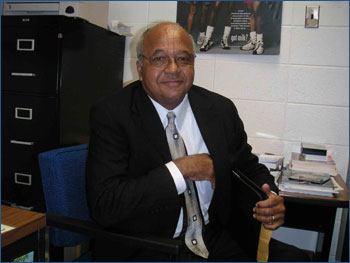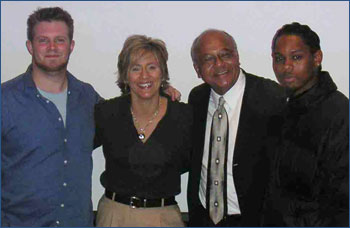

|
I believe undergraduate education should impart empirical and conceptual information to empower students in critically assessing their world and showing them how social problems can be resolved. Two major objectives structure my courses. The first is getting students to understand how their own lives and those around them are shaped by larger, external forces (e.g., culture, history, economics, politics, and institutions, etc.). A second is challenging students to comprehend that how we learn things and what we learn (i.e., epistemology) will impact how our society changes and addresses problems in the past, present and future. Since arriving at the University of Delaware, I have taught four different courses- three at the undergraduate level: CRJU369 (Alcohol, Drugs, and Crime), CRJU110 (Introduction to Criminal Justice), and SOCI302 (Social Deviance)- and one at the graduate level: SOCI606 (Qualitative Methodology). My pedagogical goals are similar for each class, but the format differs due to the courses’ differences in size and level. For example, in the 300-level undergraduate classes, I use a mixture of lectures, discussion, small-group problem-solving/debates, and guest lecturing by professionals working in applied settings. Here, I give students information that synthesizes how history, politics, economics, and social science research and policy shape what we know about crime, deviance, the substance abuse problem and the criminal justice system. Beyond this, I ask them to think critically about how deviance and drug and alcohol abuse develop, are understood, and are constructed as social and criminal justice problems. This allows students to examine the assumptions and implications of existing social policy. The larger survey course--CRJU 110--requires a different approach, one featuring lectures coupled with technological ancillary materials (e.g., Power Point presentations, internet exercises, and videos). These technological supports help generate interest in the subject matter by communicating information to students in a medium that is contemporary to their lives in the early 21st century. Power Point presentations help simplify book and lecture information, while internet exercises provide "individualized" learning experiences for this massive survey class. In addition to the general goals described above, I attempt to teach students about the history of the criminal justice system and how it has evolved into the highly formalized and elaborate system it is today. My main focus is the link between the Constitution, the Bill of Rights, and state and federal systems of justice. Finally, my graduate-level class—SOCI606—teaches students about contemporary qualitative methodologies (e.g., in-depth interviewing, direct and participant observation), from their epistemological underpinnings to techniques of data collection and analysis. The class stresses post-modern and structuralist approaches to ethnography that go beyond thick description in more traditional approaches to prioritize theory building. Intensive reading and discussion and field assignments and journaling characterize the class format.
Students of Dr. Anderson's
Louie T. McKinney- U.S. Marshal Service and MVM, Inc.
McKinney and Teaching Assistants Brian and Nick. |
|
|






